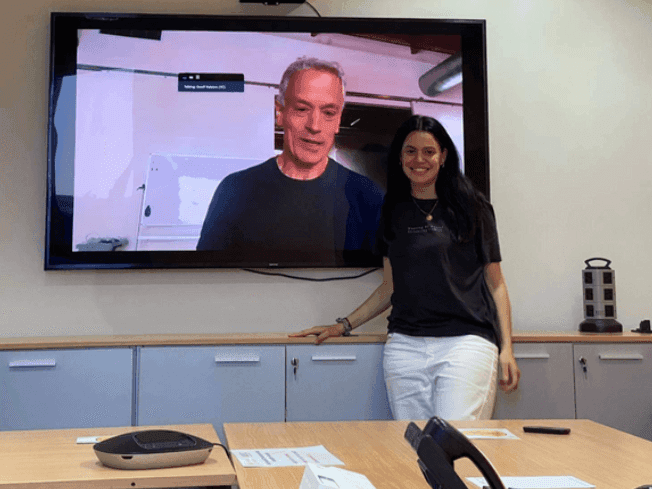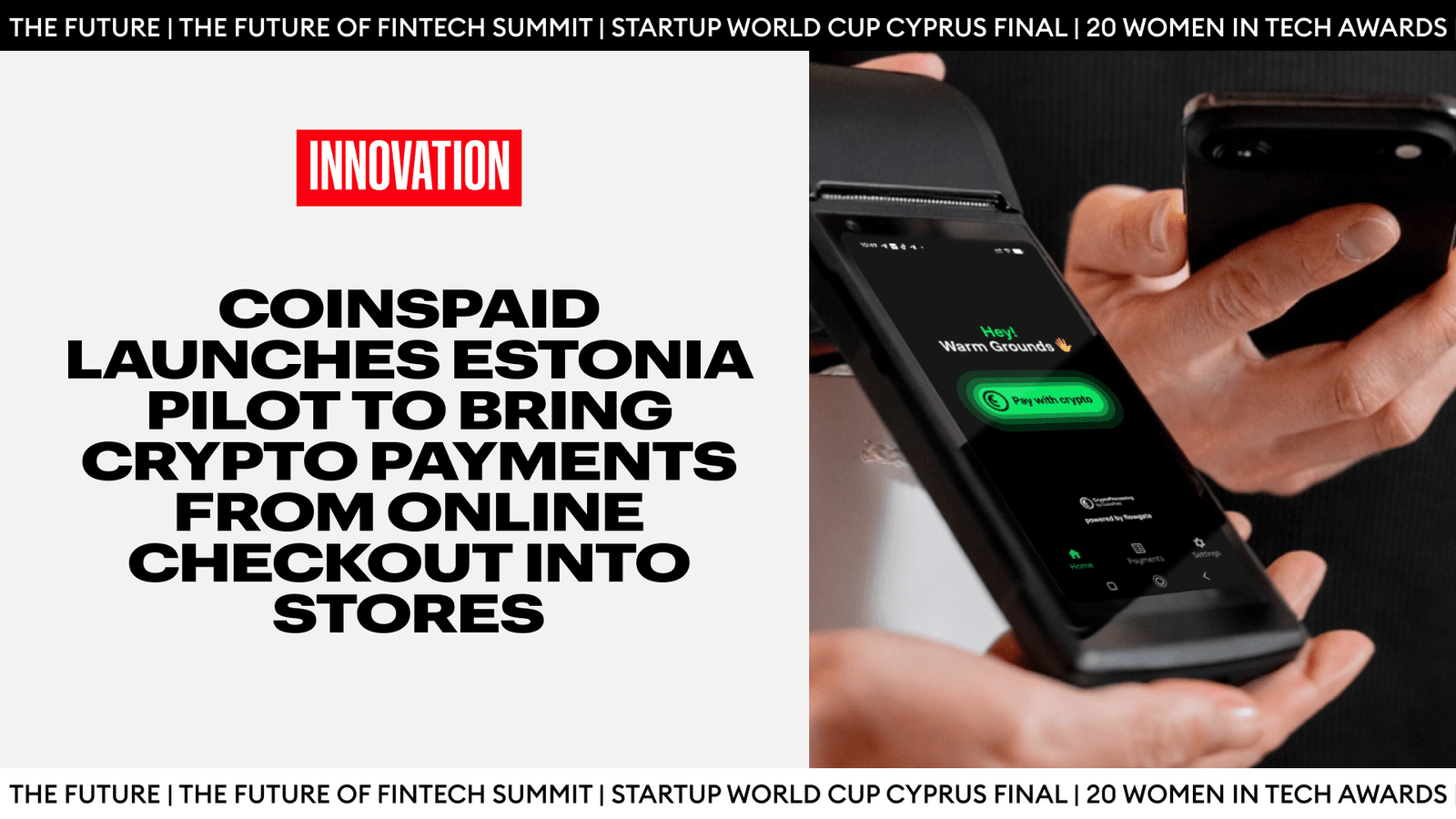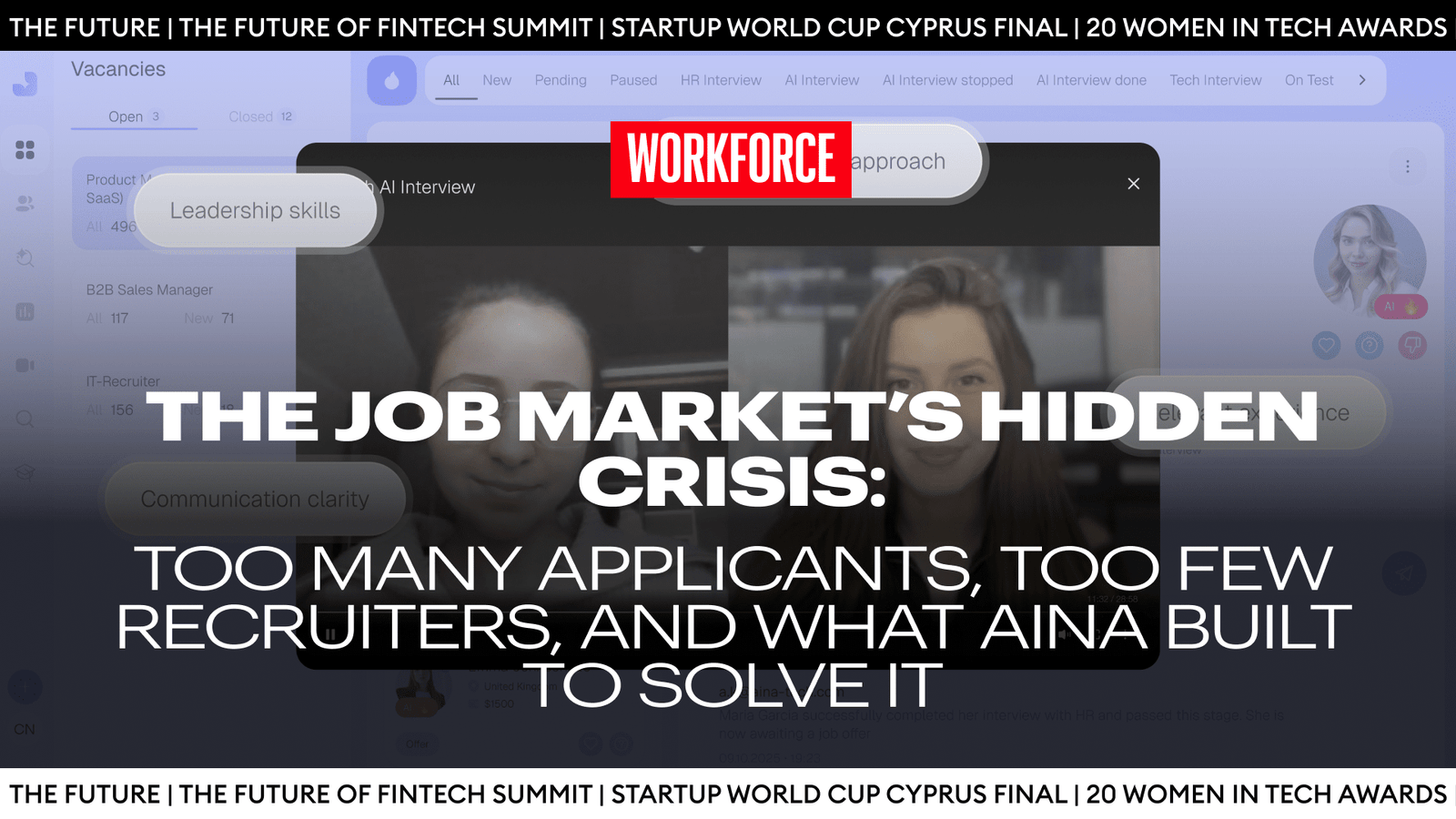Recent AI breakthroughs have unlocked a wave of new startup opportunities. Traditionally, Y Combinator published its “Requests for Startups” (RFS) list no more than once a year. However, given the rapid advancements in AI, YC has released an updated list just three months after the last one. This initiative aims to highlight emerging idea spaces with significant potential for founders.
RFS is a long-standing YC tradition, offering insights into the types of startups they’d like to see more of. While founders don’t need to align their ideas with this list to apply, the concepts presented reflect areas YC believes to be particularly promising.
Follow THE FUTURE on LinkedIn, Facebook, Instagram, X and Telegram
Many of these ideas stem from recent AI advancements. Technologies enabling AI systems to operate computers, reasoning models like OpenAI’s O1/O3 and DeepSeek R1, and breakthroughs in computing infrastructure all signal new opportunities. DeepSeek R1, in particular, has demonstrated the untapped potential of low-level optimizations.
AI-Driven Computer Use
One of the biggest shifts in AI development is the ability of models to operate computers. With the emergence of Operator AI, systems can now interact with software, perform complex workflows, and automate tasks traditionally done by humans. This opens opportunities for startups building AI-powered virtual assistants, workflow automation tools, and advanced enterprise solutions that integrate seamlessly with existing systems.
Advancements In Reasoning Models
AI reasoning models have taken a significant leap forward. OpenAI’s O1/O3 and DeepSeek R1 have shown that AI can match or surpass human reasoning in specific tasks. This creates opportunities for startups developing AI co-pilots for decision-making, financial analysis, scientific research, and other domains where deep reasoning is critical. YC sees a future where AI-driven insights become indispensable across industries.
Compute Infrastructure For AI
With the rise of sophisticated AI models, there is a growing demand for efficient computing infrastructure. Startups focusing on developing AI-optimized hardware, cloud computing solutions, and energy-efficient processing units will be crucial in sustaining the next wave of AI innovation. DeepSeek R1 has already demonstrated that optimizations at the hardware level can unlock significant performance gains, indicating a ripe market for further exploration.
The Next Wave Of AI Startups
Y Combinator’s latest RFS reflects the immense potential created by recent AI advancements. From AI-powered computer operations to enhanced reasoning capabilities and compute infrastructure, these areas represent the forefront of innovation.
For founders looking to capitalize on these trends, YC’s insights serve as a valuable guide. While these ideas are not a requirement for applying to Y Combinator, they offer a strong indication of where the next wave of successful startups may emerge.
For a full breakdown of YC’s latest Requests for Startups, visit their official website.
Why and How to Apply to YC – Insights from Maria Terzi, CEO & Co-founder, Malloc (YC S21)
Can you share your personal experience of getting into Y Combinator?

YC was a super intense yet fantastic experience that really changed the trajectory of Malloc. We applied to YC twice, and the first time although we got to the interview change we were rejected. A few months later, I received an email from Geoff Ralston, then YC president, who was asking me how things were going with Malloc and if we had made any progress. He said that he was very impressed by the interview and I shall re-apply. My reply was that unfortunately, we haven’t made much progress. At the time, I was the only founder working full time and we just released the first version of the app to the store. I did however apply and got very motivated by his words. Geoff agreed that the progress was not quite enough yet.

However, then the unexpected happened – two weeks later, we reached 20K users with almost zero advertising, and people started buying the app. Before even understanding what and why, I got a screenshot and sent it to YC as an update to the application and also directly to Geoff. In two days, they reached out, we had a short yet intense interview with Gustaf, then another interview with our future group partners (Gustaf, Nicolas, and Harj), and a night full of technical questions which I was replying to.
At 4 am I received a text message from Gustaf from Airbnb asking me if it was a good time to chat.. and that was it! My advice is just go for it! Try to be on point, simple and short, and explain to them what you know that they don’t – and how this can be a billion-dollar company.

What was the most valuable lesson you learned during your time at Y Combinator?
I have definitely learned a lot and grown as a person and as an engineer. YC is teaching you to be in founder mode, to stay disciplined and focused on building something that people want, to do things that don’t scale until you find product-market fit, and to be ok with being broken at times.
In YC you associate with people of similar mindsets, who want to build and are willing to put in the effort it takes. Most importantly, all YC partners have previously built billion-dollar startups from nothing, most of them are super technical and have been hands-on in building and growing their startups. You know that their advice is pretty much as good as it gets.
What kind of support do YC Alumni receive after graduation?
YC is your investor and you stay in touch with the YC Group partners – this is not something that ends with the end of the batch. When you need them they are one Slack message and one call away. I speak with Nicolas (co-founder of Algolia) at least once a month and I have asked for advice from various YC partners who have experience in the fields that I needed help with.
The YC alumni are your peers, customers, and even investors. You can think of it as a huge community that supports each other. Regarding fundraising, during Demo Day, YC invites a selected group of investors to invest in your company – and you even have access to a community database where other founders have left feedback for each investor. This helps you prioritise who you are first meeting with and select what is best for your company.
What advice would you give to startups applying for this batch?
The YC batch is super intense and to get the most out of it you need to put in the effort. So be prepared not to communicate a lot with friends and family for at least 3 months. I have memories of coding all the time, then joining the YC seminars and meetings until the night, and then repeating. It’s a time when you really need to focus on building your product and launch – I lost around 7 kg during the batch – this can tell you a little bit about how intense it is.
In your application try to be genuine, to not use jargon or fancy words. You need to convince them that this is a good idea and you can build it. Proof of concept, early traction, and good metrics are your weapons.
Apply to Y Combinator – Spring 2025 Batch
Y Combinator is now accepting applications for the Spring 2025 Batch. The program will take place from April to June in San Francisco.
- On-time application deadline: February 11 at 8 PM PT
- Decision notification: March 12
- Late applications: Considered, but with no guaranteed response time
If you’re not ready to apply for this batch, you can sign up for reminders for future application cycles.












